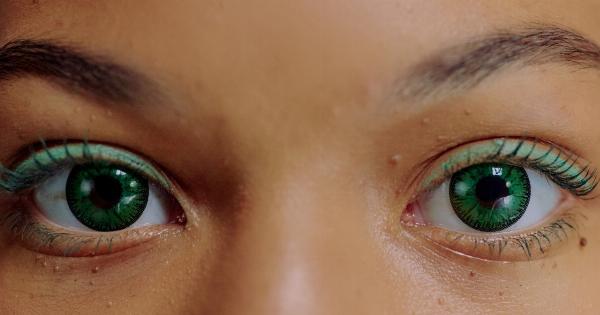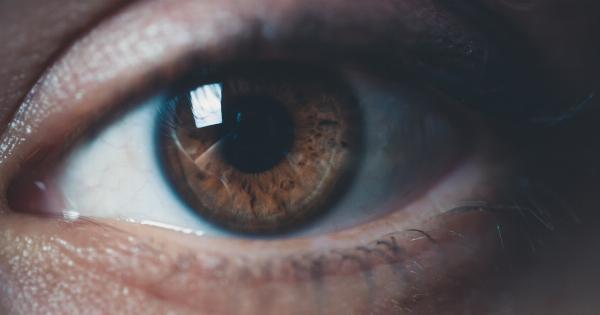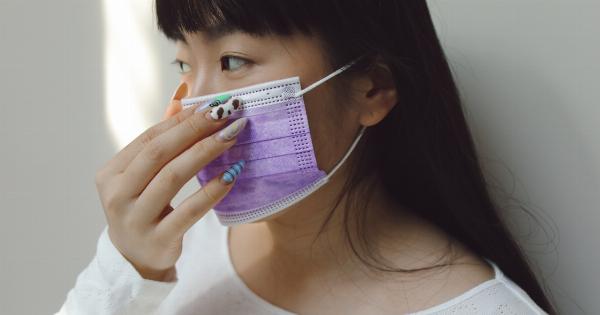Your eyes are one of your most precious organs. They enable you to experience the world around you, and losing your vision would have a profound impact on your life.
Unfortunately, many people take their eyes for granted and engage in activities that harm them. Here are seven damaging habits that lead to eye problems:.
1. Not Wearing Sunglasses
Exposure to ultraviolet (UV) radiation from the sun can lead to a number of eye problems, including cataracts, macular degeneration, and cancer of the eyelids or conjunctiva.
Yet, many people don’t wear sunglasses when they go outside, or they wear sunglasses that don’t offer adequate protection.
To protect your eyes, choose sunglasses that block 99% to 100% of both UVA and UVB radiation. Also, wear a hat or visor to further shield your eyes from the sun.
2. Rubbing Your Eyes
When you rub your eyes, you can scratch your cornea, causing a painful corneal abrasion. Rubbing can also break the tiny blood vessels under your eyelids, leading to dark circles and puffiness.
Plus, if you have allergies, rubbing your eyes can release histamines, making your symptoms worse.
If your eyes are itchy or irritated, try using artificial tears or cool compresses to soothe them. If your allergies are severe, talk to your doctor about prescription eye drops.
3. Not Taking Breaks from Screens
Staring at a computer screen, smartphone, or tablet for prolonged periods can cause eyestrain, dryness, and blurred vision. This is often called computer vision syndrome.
To reduce your risk for these symptoms, follow the 20-20-20 rule. Every 20 minutes, look at something 20 feet away for 20 seconds.
You can also adjust the brightness and contrast on your screens, enlarge text size, and position your screens so they’re at a comfortable distance and angle.
4. Smoking
Smoking cigarettes is bad for every part of your body, including your eyes. Smoking can increase your risk for cataracts, macular degeneration, and damage to the optic nerve. It can also cause or worsen dry eye and make your eyes look yellow or red.
If you’re a smoker, quitting is the best way to protect your eyes and your health. Talk to your doctor about smoking cessation tools and resources.
5. Sleeping in Contacts
Wearing contact lenses to bed can increase your risk for eye infections, corneal ulcers, and corneal neovascularization (where new blood vessels grow within your cornea). This can lead to blurred vision, pain, and even vision loss.
Always remove your contacts before sleeping, and follow the recommended cleaning and replacement schedule for your lenses. If you experience any redness, discharge, or pain in your eyes, remove your contacts and contact your eye doctor right away.
6. Ignoring Symptoms
If you experience any changes in your vision, eye pain, flashes of light, or floaters (dark spots or lines that appear to “float” in your vision), don’t ignore them.
These can be signs of serious eye conditions, such as retinal detachment, glaucoma, or macular degeneration.
See your eye doctor right away if you experience any of these symptoms. Early diagnosis and treatment can help prevent vision loss.
7. Poor Nutrition
What you eat can affect your eye health. Eating a diet rich in fruits, vegetables, and whole grains can provide the vitamins and minerals that your eyes need to function properly and protect against eye diseases.
Conversely, a diet high in saturated fats and sugar can increase your risk for macular degeneration and cataracts.
Include foods like carrots, leafy greens, citrus fruits, almonds, and fatty fish (like salmon) in your diet.
If you’re not getting enough nutrients from your diet, talk to your doctor about taking a multivitamin or supplements that support eye health.
Conclusion
By avoiding these damaging habits, you can help protect your eyes and maintain good vision. If you have any concerns about your eye health, don’t hesitate to see your eye doctor for a comprehensive eye exam.






























